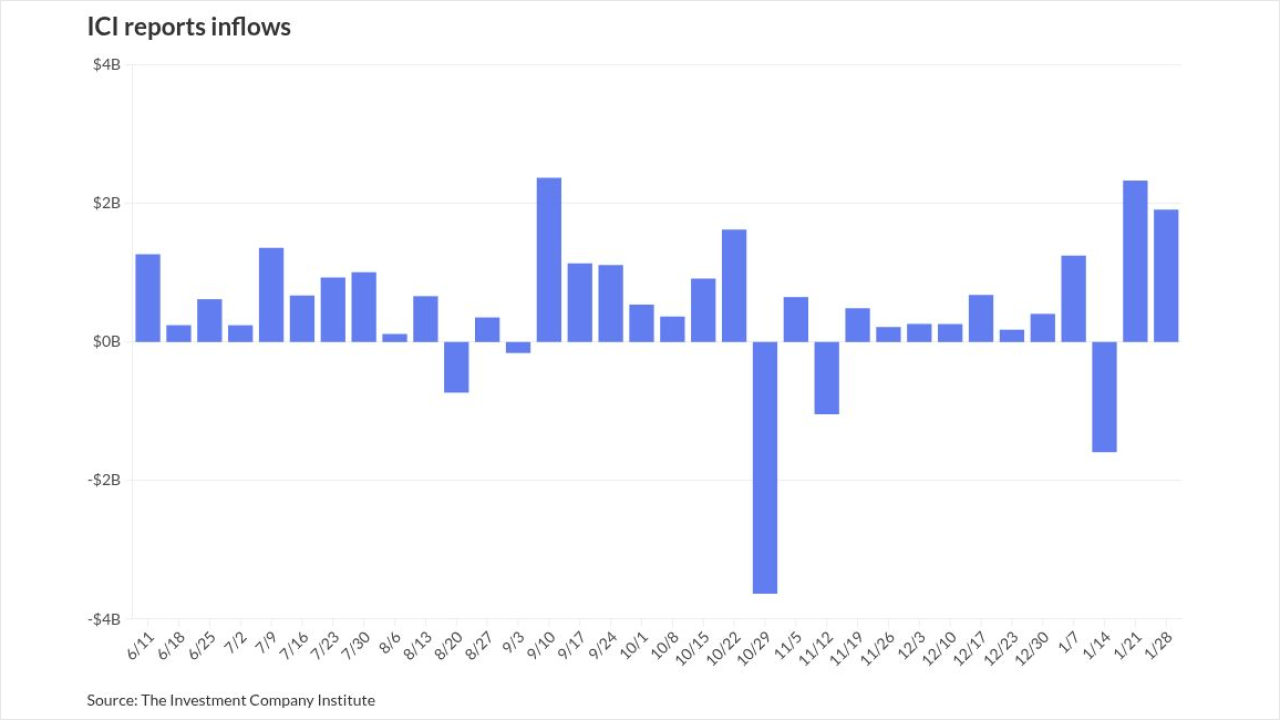
Texas sales tax revenue for September fell 6% compared to the same month last year as low crude oil prices and the pandemic continued to slow the state’s economy, Texas Comptroller Glenn Hegar said.
The $2.57 billion collected was the lowest for any month in 2020, including May, when sales tax revenues fell more than 13%, the sharpest percentage drop of the year and the deepest decline in at least a decade. The September collections were the lowest since March 2018. Revenues have fallen in five of nine months in 2020.
The majority of September sales tax revenue is based on sales made in August and remitted to the agency in September. In most years the March collections are the lowest for the year. September was the first month in the state's 2021 fiscal year. Sales tax makes up 60% of Texas revenues, Hegar said.
“As was the case the last month, state sales tax receipts from all major sectors, other than retail trade, were down compared with the same month last year, with the steepest declines in the oil and gas-related sectors.
“Receipts from the information sector were down due to federal preemption of sales taxation of internet access service,” he added. “While tax receipts grew from some lines of retail business, especially those related to home improvements and outdoor recreation, most of the increase from retail trade was due to remittances from online out-of-state vendors and marketplace providers who did not collect Texas tax a year ago."
“Pandemic-induced changes in consumer shopping behavior also were apparent in generally increased receipts from big box retailers and declines from department stores, apparel stores and other mall and strip center specialty retailers,” Hegar said. “Receipts from restaurants also remain significantly below pre-pandemic levels.”
Total sales tax revenue for the three months ending in September 2020 was down 2.5% compared to the same period a year ago.
The effects of the COVID-related economic slowdown also were evident in some other sources of revenue in September 2020, Hegar said.
Vehicle sales and rental taxes produced $454 million, up 4.3% from September 2019, while motor fuel tax collections of $294 million were down 9.7%.
Taxes on oil production fell nearly 32% to $227 million while those on natural gas were down 28% to $71 million.
With hotels and restaurants in dire straits, hotel occupancy tax revenue was down 37% to $34 million and taxes on alcoholic beverages were down 34% to $78 million.
Coming a month before election day, the report could serve as an economic guide for voters. After decades of Republican domination, polls show that Texas is in play between President Trump and former Vice President Joe Biden.
“Historical studies indicate that the economy typically grows at faster rates under Democratic presidents,” Texas economist Ray Perryman noted. “The difference is not large, but it is statistically significant.
"Most policy changes involve lag times, and current performance can be due to actions taken during prior administrations," Perryman said. "Some presidents inherit structural problems, and others implement policies that only bear fruit down the road.”





